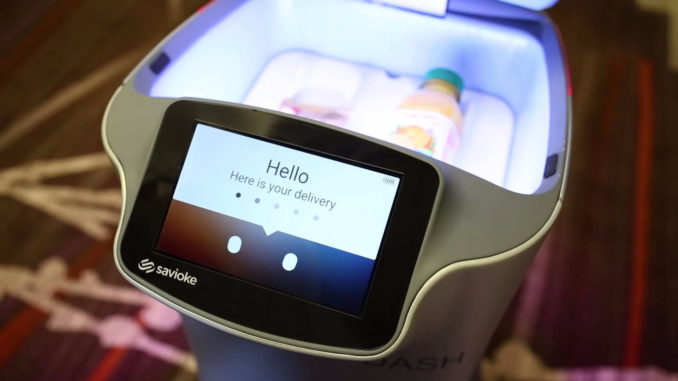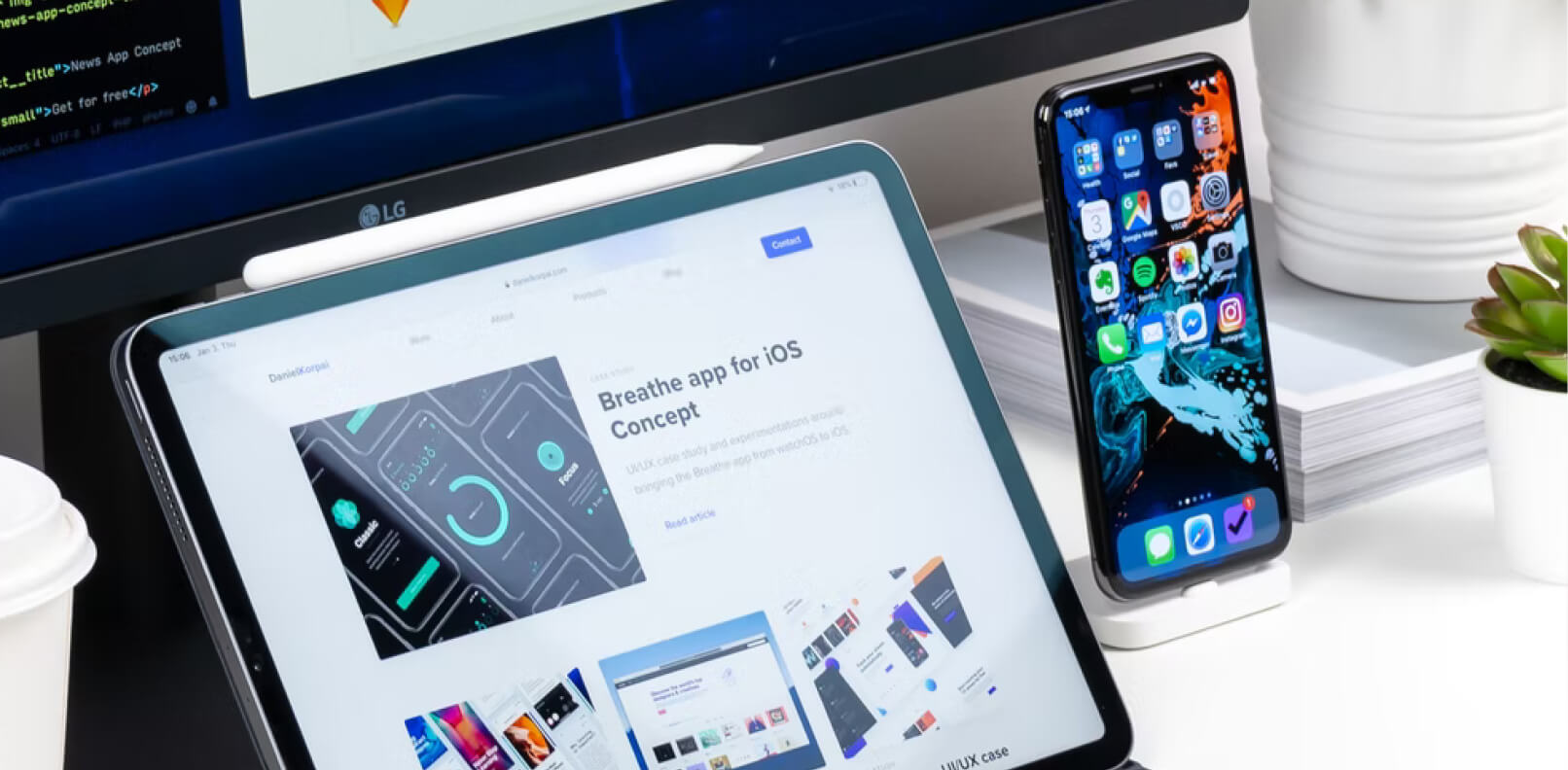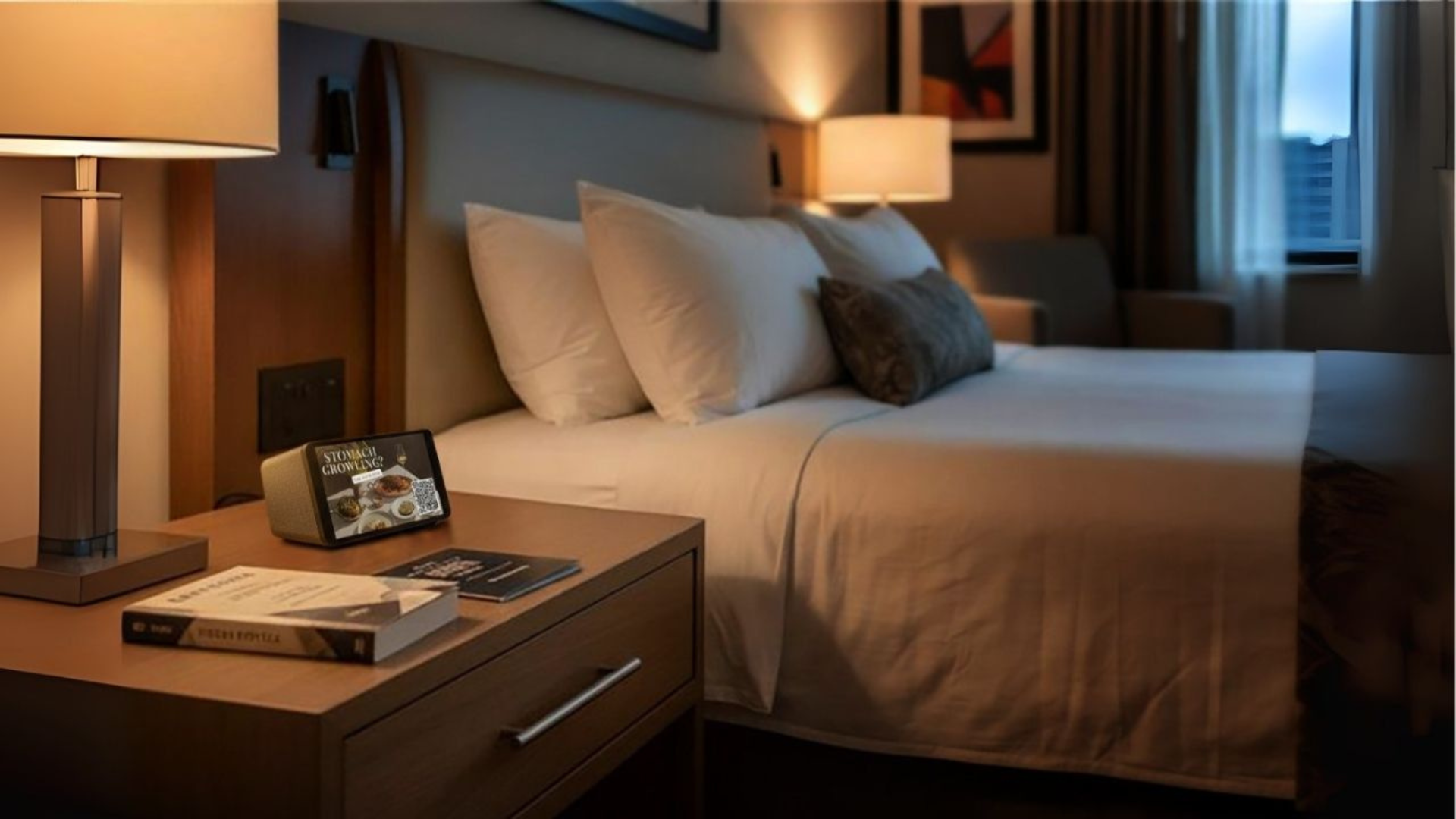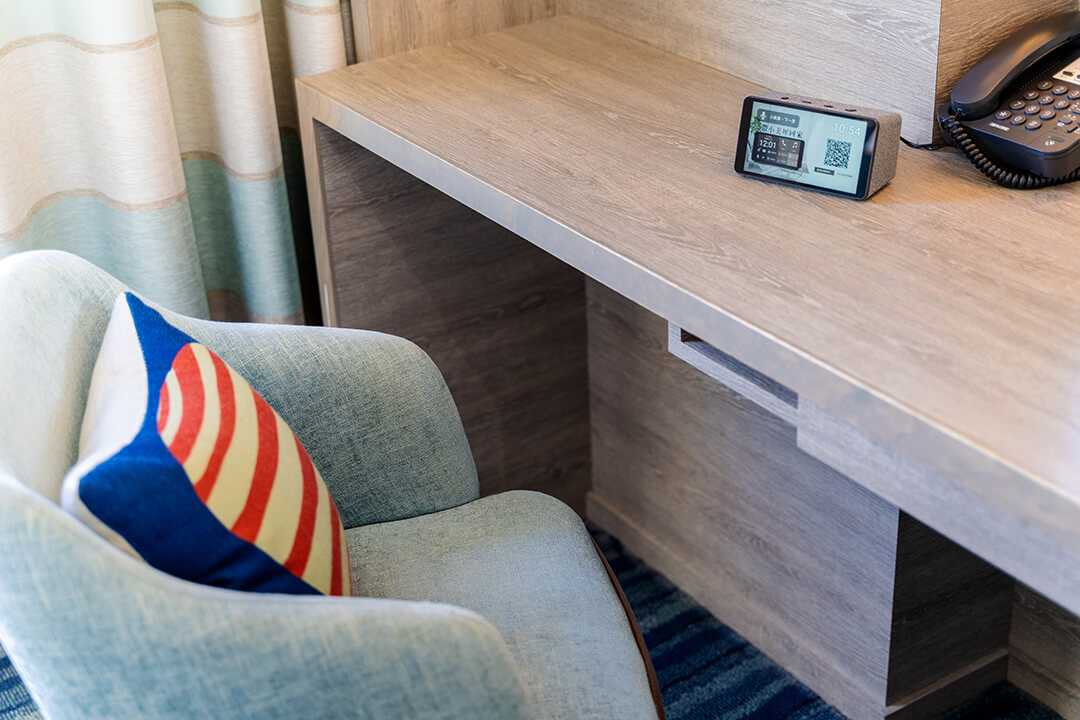Imagine you've just stepped into Marina Bay Sands and you breezed through a check-in powered by facial recognition technology.
Or, while you're at M Social Singapore, your app-ordered room service is delivered promptly by a robot.

These might have sounded a bit far-fetched a decade ago. But the hotel industry has been undergoing a technological revolution, and the pace of change is accelerating. In many ways, technology is shaping the future of hotels and redefining the way they operate and provide services to their guests.
In Asia Pacific, the uptake of technology has been quicker in markets like Singapore, where manpower is expensive and often in short supply. Government support, in the form of grants given when relevant technology is being invested, has proven effective in accelerating adoption.
In 2024, we can expect to see several technological trends that will continue to transform the hotel industry and enhance the guest experience.
Artificial Intelligence (AI) Voice Assistants
AI voice assistants are becoming increasingly popular in the hotel industry. These devices can help guests with everything from ordering room service to booking a spa appointment. AI voice assistants can also be used to control room temperature, lighting, and other amenities. They can provide guests with personalized recommendations based on their preferences and past behavior. By incorporating AI voice assistants, hotels can improve their operational efficiency and provide better service to their guests.
Virtual Reality (VR)
Virtual reality is another technology that is gaining popularity in the hotel industry. VR can be used to provide guests with a virtual tour of the hotel and its amenities. It can also be used to showcase local attractions and activities. Proper and creative implementation of VR can help hotels attract more guests and provide them with a unique and immersive experience.
For example, Marriott showcased its VR in-room travel guide named the "VR Room Service" back in 2017. Guests in two Marriott hotels in London and New York were offered in-room headsets, pre-loaded with "VR Postcards" that showcases creative travel experience content from Rwanda, China and Chile.
Internet of Things (IoT)
IoT has been around for some time. These network of interconnected devices can create a better experience for hotel guests by automating tasks such as turning off lights and adjusting room temperature.
IoT can also help to create more efficiencies for hotels by lending itself to predictive maintenance. For instance, when a room air conditioning system isn’t working correctly, the IoT will send an alert to hotel staff so the aircon can be fixed while the guest is away from the room, before the problem is even recognized. These predictive maintenance systems can even help a maintenance team work more efficiently by creating maintenance schedules based on actual usage and not estimated schedules, such as battery and air filter replacements.
Mobile Keyless Entry
Mobile keyless entry is another technology that is gaining popularity in the hotel industry. Also referred to as digital key, it allows a guest to use their smartphone as a hotel key, and was first introduced in 2010 when IHG experimented with an early version at several Holiday Inns. Unfortunately, the technology proved to be too early and unstable back then, making it more of a guest issue than convenience.
With the advancements in smartphone technology, mobile keyless entry is no longer considered "experimental" or "early stage" technology. Guests increasingly expect to use their smartphone to control their environment – including room access – and the ability for hotels to improve security while reducing workload on the front desk and eliminating the expense of disposable plastic keycards makes the decision to go "keyless" an obvious choice.
Smart Mirrors
Smart mirrors are the next level of Internet of Things. They can serve as an infotainment platform, providing guests with access to various information such as weather forecasts, news, and event calendars. In addition, they can be used as an entertainment system, giving guests access to movies, music, and other entertainment options.
Robots
Robots are among the fascinating hotel technology trends because it is a technology that is improving rapidly. Robots can have a wide range of uses, especially for contactless services. They can be used to greet guests upon arrival and provide tourist information on a 24/7 basis. Hotel robots also have the potential to assist with housekeeping activities, such as vacuum cleaning floors and luggage transportation. It is a technology that will continue to expand in the years ahead as robots become more reliable and better equipped to improve performance over time through artificial intelligence and machine learning.
Augmented Reality (AR)
Augmented reality is intended to enhance the physical environment of the hotel using a combination of animations, graphics, sounds, etc. It can be accessed via smartphones and internet-based devices. Hotels can use AR to offer in-house interactive elements (such as maps and points of interest), providing a digital history of the property, and supplying guests with relevant information when they are located within certain areas of the hotel.
For example, the Hub Hotel in the United Kingdom uses AR to provide guests with additional information about local places of interest. By pointing their smartphones at a wall map, guests can see AR content highlighting nearby restaurants, shops and attractions.

These are just some of the exciting technological trends that we can expect to see in the hotel industry in 2024. By embracing these technologies, hotels can improve their operational efficiency, reduce costs, and provide better service to their guests.








